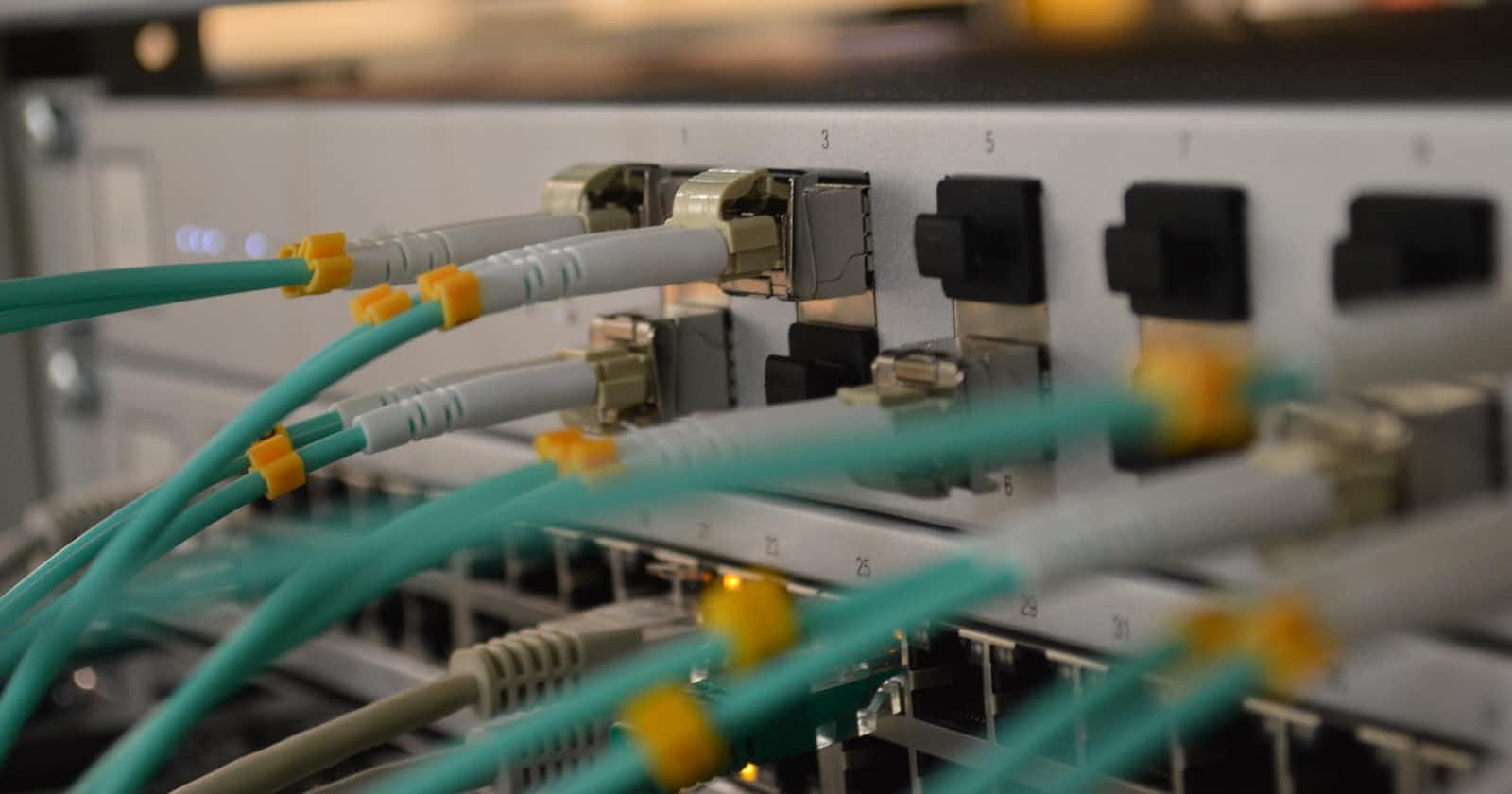The word blockchain has become buzz word in recent times,it is a disprutive technology that has a potential to revolutionize the 21st century and beyond. Like every other technology such has the Internet,they has always been accompanied by their own techincal jargons, and blockchain technology is no exception. The word node in the context of technology commonly refers to any computer or devices connected to a network that transmit,receives or redistribute data. A major element of blockchain technology are nodes. In actuality, they serve as the basis for one of the blockchain's most unique attributes, its decentralization.
What is a blockchain node?
In general, a blockchain node functions as a server to help keep track of transactions on the blockchain. Let's first break down the blockchain in order to comprehend what function a node serves within it. Simply explained, blockchains are distributed, immutable digital ledgers that are shared among peers in a network. Transaction data is permanently recorded, saved, and encrypted onto the "blocks" that are then "chained" together (thats were the name blockchain comes from) acting as a database.
The actual, electronic units (usually a computer) that keep copies of the chains connecting a network together and powering the blockchain are known as nodes. Nodes are an essential part of the blockchain because they make it decentralized and guarantee data integrity. Nodes are necessary for a blockchain to exist.
Since nodes acts as a sever that stores blockchain transaction records,however it is important to note that not all nodes serves that purpose or functionality,the many functions that nodes perform are based on the unique requirements of the blockchain network.
How Do Blockchain Nodes Work
It is very important to understand that the primary functionality of a node is to validate and broadcast transactions to the blockchain network. An identical copy of the transactions is stored on each node. Instead of validating each transactions miners batch transactions that are still pending into blocks,by pending we mean transactions that are yet to be validated . Whenever a confirmed block is included in the blockchain,it is broadcasted from node to node so that each one can sync its own database in the same way,the node adds the new block to the previous series of blocks.
Neccessity Of Blockchain Nodes
Decentralization is one of the most crucial element of a blockchain network,there no core database or centralized server or rules that controls the network. In order to achieve decentralization a blockchain is powered by a nexus of nodes, which are essentially stakeholders in the network.
Nodes working in tandem and communicating with each other provides the blockchain with a mechanism to validate transactions and make decisions concerning the network,this way there is no need for a central authority over the network and control over a platform is democratized .
Consensus rules differ for every blockchain. In some blockchains, the transaction can be processed with just one validator node's approval. However, some decisions need to be confirmed by the full committee of nodes. All nodes attached to the blockchain vote when it is necessary to modify the way a network operates. The update or upgrade can only be applied with the majority of nodes' approval. For example, the Ethereum London Hard Fork upgrade was done after the decision received over 85% votes.
Who Can Operate A Node?
There is actually no restriction on who can run a node,By installing the blockchain's software on their personal computer, anyone can run a node from any location in the world,you can do this for personal projects but in the case of building a DApp(decentralize application),it is more reasonable to make use of a node providers.
The burden of running and maintaining your own nodes are eliminated by node providers. They provide dApp developers with a more convenient, quicker, cheaper, and easier way to access the blockchain without having to deal with any engineering, management, or maintenance issues.
Conclusion
In the context of the internet, the functionality of blockchain nodes is akin to that of servers. It's essential to have a thorough grasp of blockchain nodes whether you're a user or a developer.

